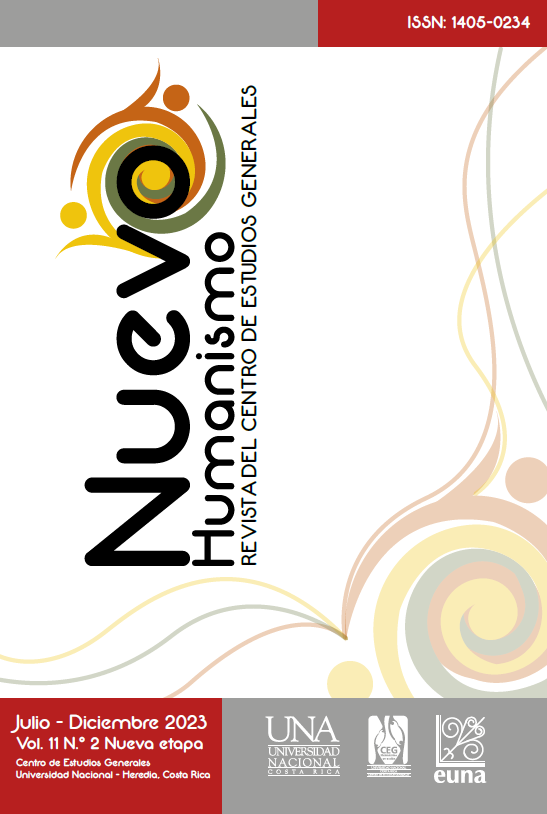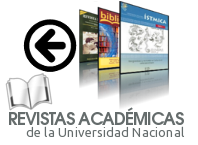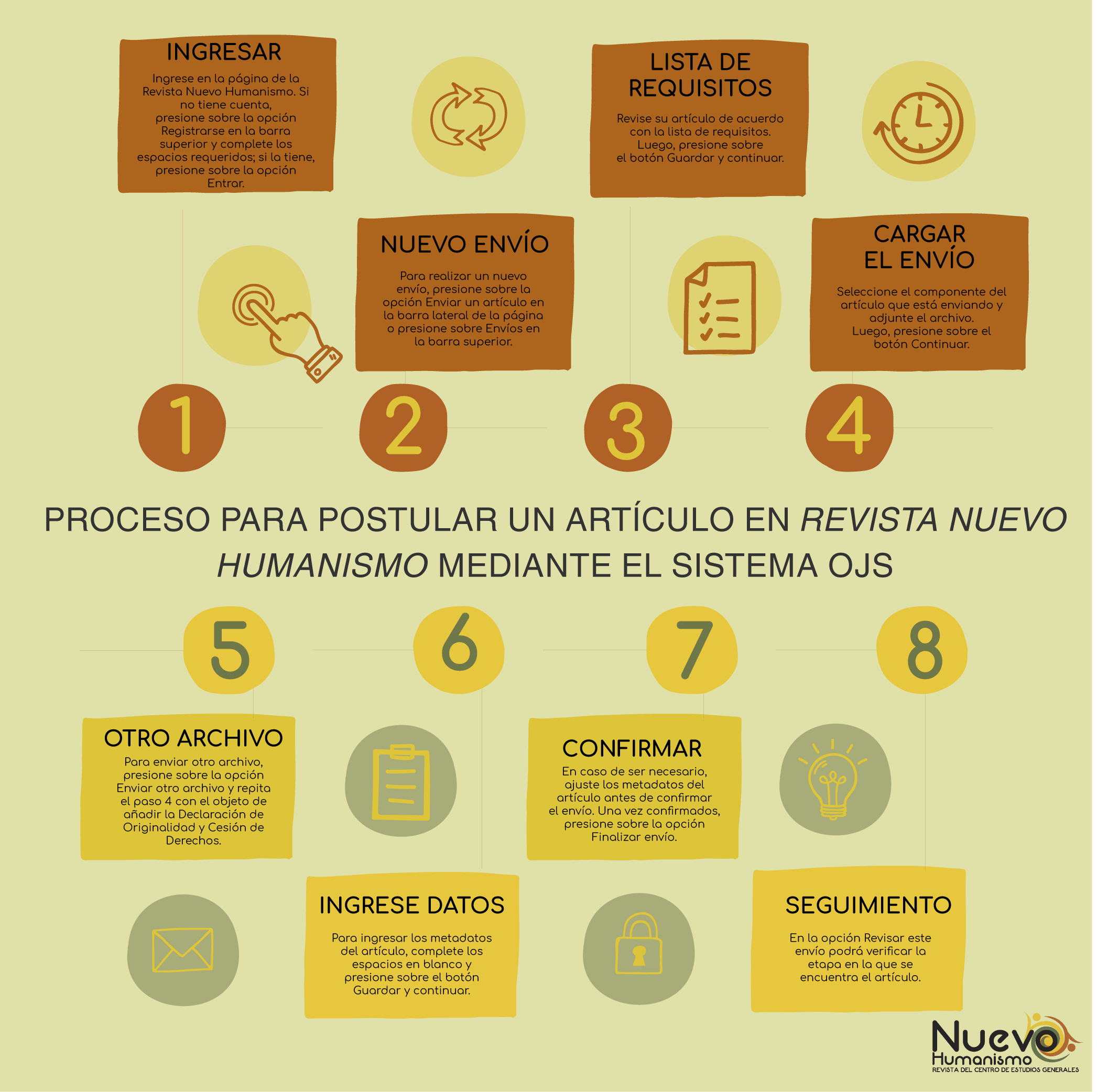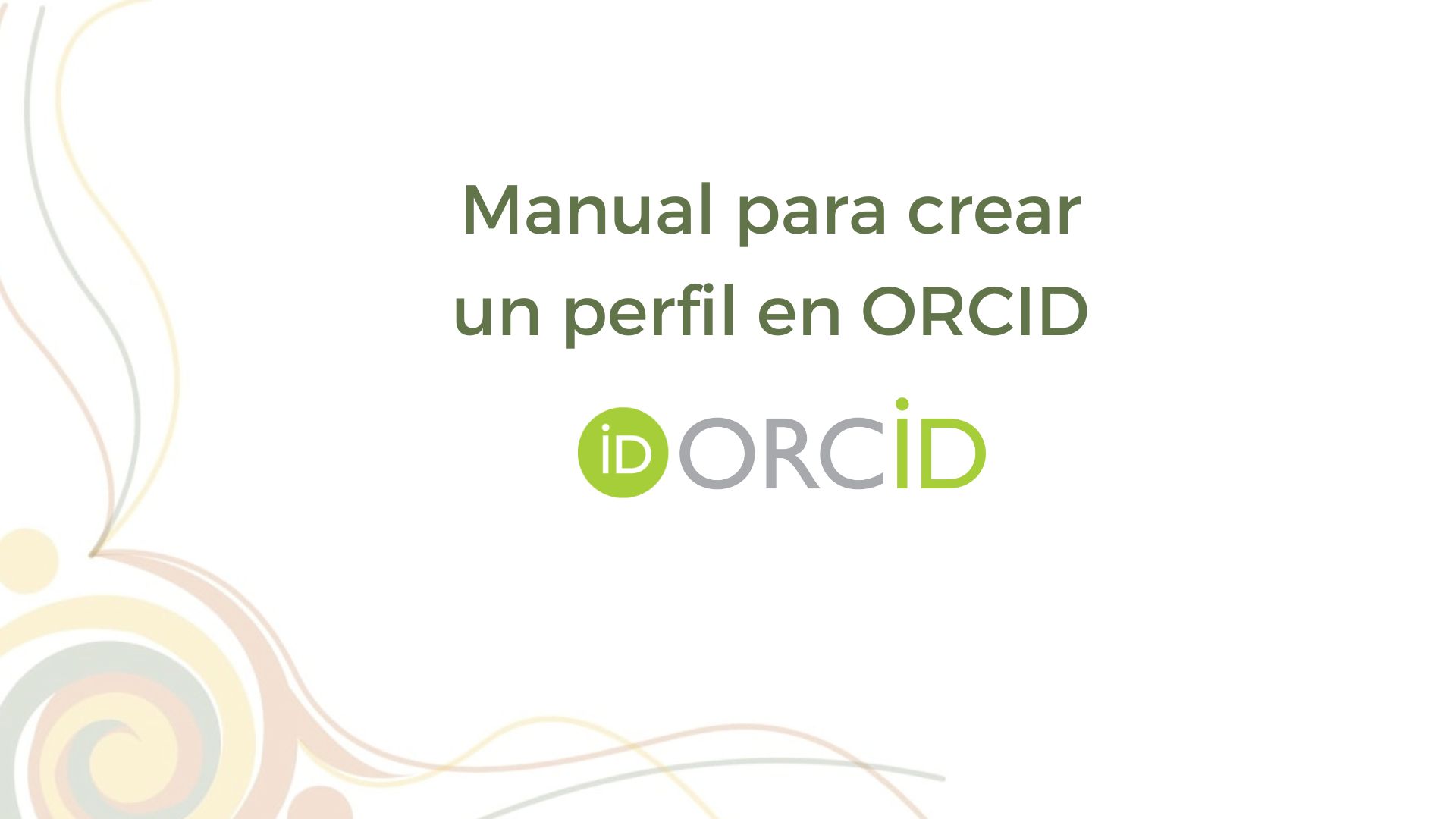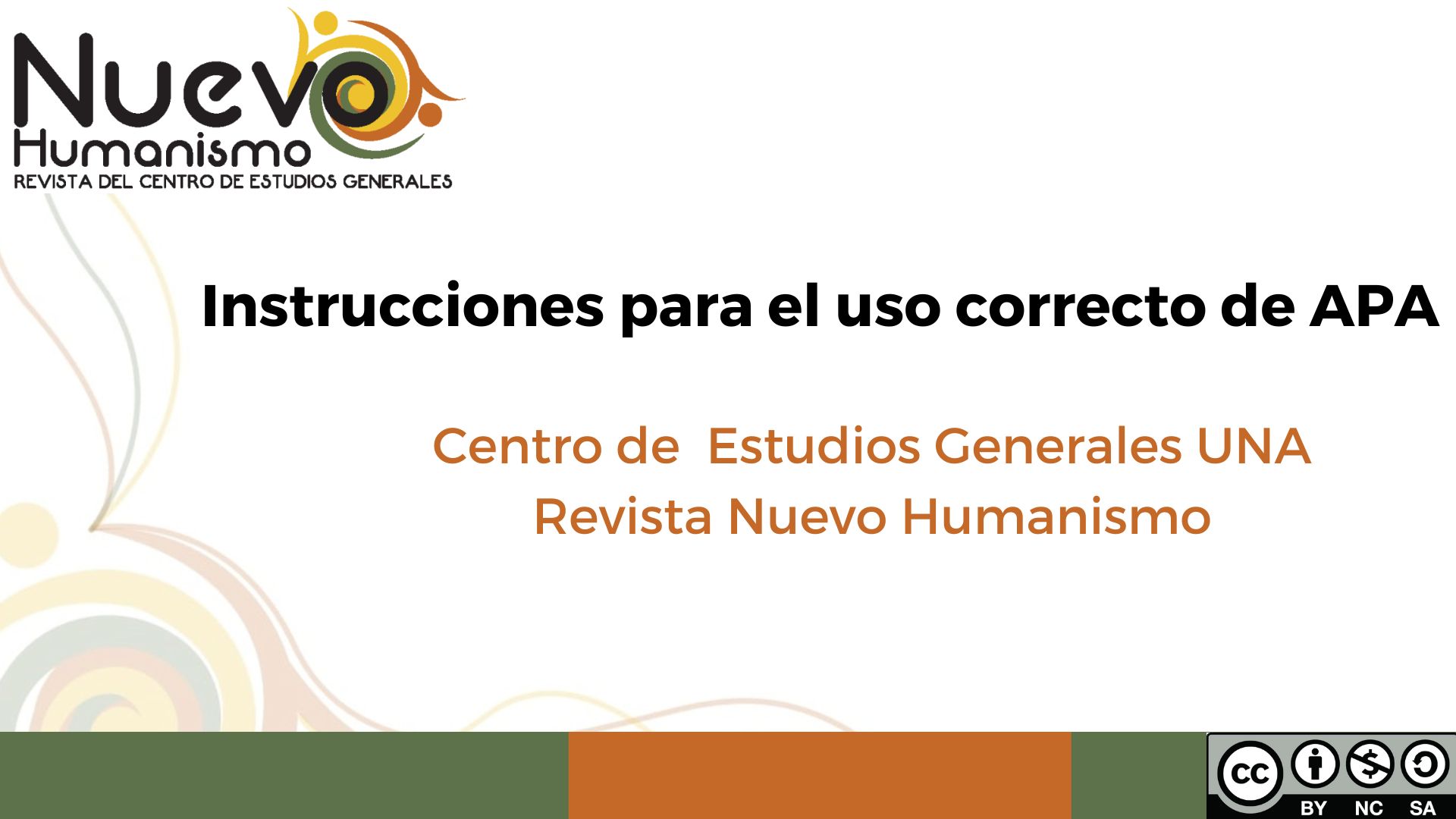Los conceptos de la investigación interdisciplinaria
DOI:
https://doi.org/10.15359/rnh.11-2.3Palavras-chave:
ciencias sociales, epistemología, interdisciplina, investigación, sistemas complejosResumo
Este artículo brinda una serie de conceptos esenciales para iniciar un proceso de investigación interdisciplinaria. La finalidad es ofrecer un glosario de contenido analítico y una breve contextualización del trabajo de Rolando García sobre los sistemas complejos y la interdisciplina que reúne, bajo nuestro criterio, lo más avanzado de la ciencia de la complejidad. Nos referimos al monumental trabajo de Jean Piaget materializado en la epistemología genética, la teoría general de los sistemas de Ludwing Von Bertalanffy (1976), así como en las innovadoras explicaciones de la física y la química de la Escuela de Bruselas. Se hace mención especial al materialismo histórico de Karl Marx (1867) que representa una teoría transdisciplinaria con las características necesarias para el estudio del sistema social como una totalidad organizada, determinada y estructurada por las múltiples relaciones entre sus subsistemas. Finalmente, se presentan algunos ejemplos para esclarecer los procesos fundamentales en la aplicación de una metodología investigativa interdisciplinaria coherente con la epistemología de los sistemas complejos. Este trabajo se pretende como una contribución muy sintética, un resumen analítico y una suerte de manual de consulta para la indagación de fenómenos hipercomplejos: fenómenos sujeto-céntricos y autorreflexivos, con la capacidad de pensarse a sí mismos, lo cual eleva al máximo los niveles de complejidad de sus procesos, es decir, los fenómenos sociales.
Referências
Baraona Cockerell, M., Arce, C., Gómez, J., Marenco, H., Mora, J., Muñoz, D. & Sánchez, K. (2021). Para un diagnóstico interdisciplinario del auge del universo criminal y carcelario en Costa Rica: 1990-2022. Revista Nuevo Humanismo, 9(1), 44. https://doi.org/10.15359/rnh.9-1.5
Becerra, G. & Castorina, J. A. (2016). Acerca de la noción de “marco epistémico” del constructivismo. Una comparación con la noción de “paradigma” de Kuhn. Revista Iberoamericana de Ciencia, Tecnología y Sociedad - CTS, 11(31), 9-28.
Bertalanffy, L. (1976). Teoría general de los sistemas: Fundamentos, desarrollo, aplicaciones. Fondo de Cultura Económica.
García, R. (2000). El conocimiento en construcción: de las formulaciones de Jean Piaget a la teoría de sistemas complejos. Gedisa.
García, R. (2006). Epistemología y teoría del conocimiento. Salud Colectiva, 2(2), 113-122. https://www.redalyc.org/pdf/731/73120202.pdf
García, R. (2006). Sistemas complejos: conceptos, método y fundamentación epistemológica de la investigación interdisciplinaria. Gedisa.
Marx, K. (1867). El Capital: crítica de la economía política. Verlag von Otto Meisner.
Morín, E. (1990). Introducción al pensamiento complejo. Gedisa.
Khun, T. (1962). La estructura de las revoluciones científicas. Fondo de Cultura Económica.
Piaget, J. & García, R. (1982). Psicogénesis e historia de la ciencia. Siglo XXI.
Piaget, J. (1970). La epistemología genética y la ciencia contemporánea. Gedisa.
Piaget, J. (1995). El estructuralismo. Publicaciones Cruz.
Prigogine, I. (1994). Las leyes del caos. Crítica.
Poincaré, H. (1964). El valor de la ciencia. Espasa Galpe.

